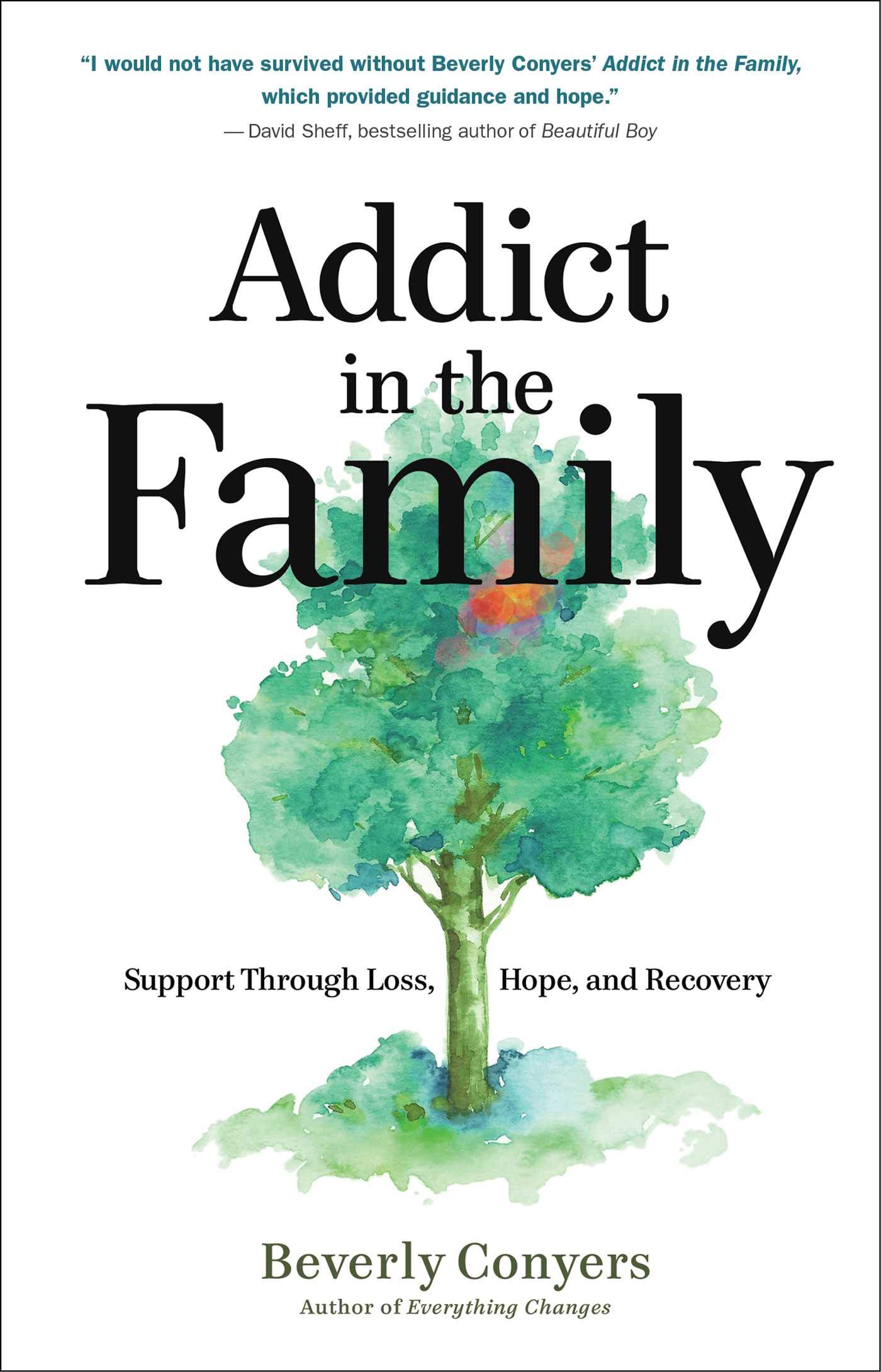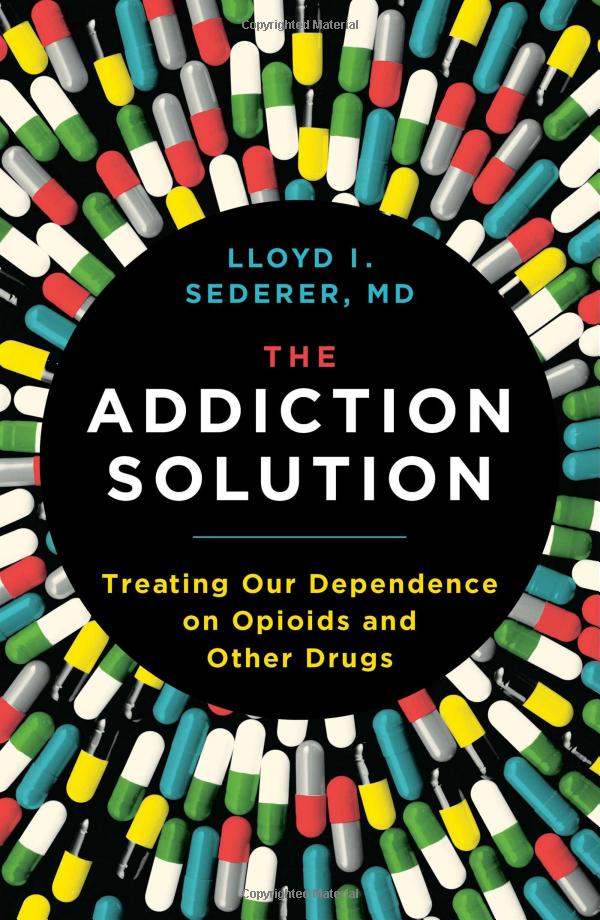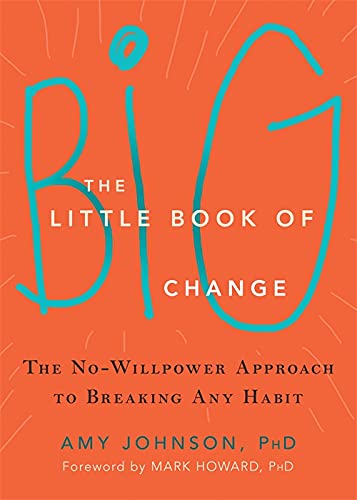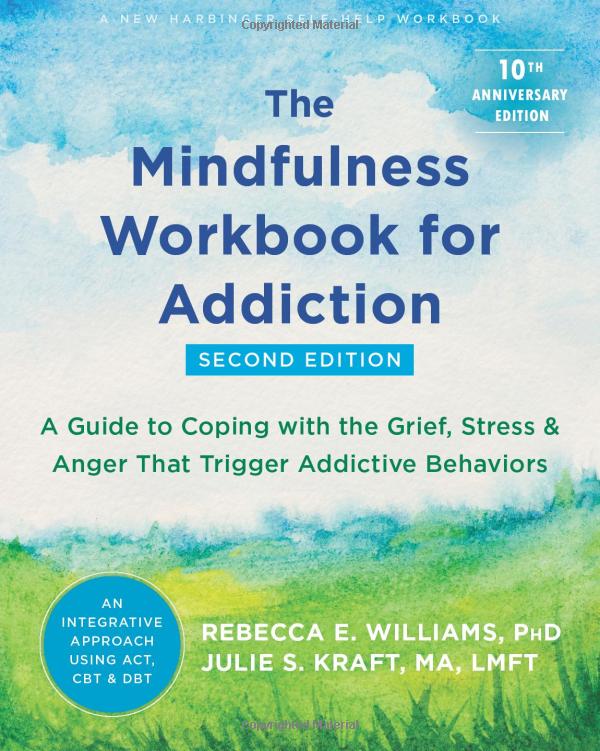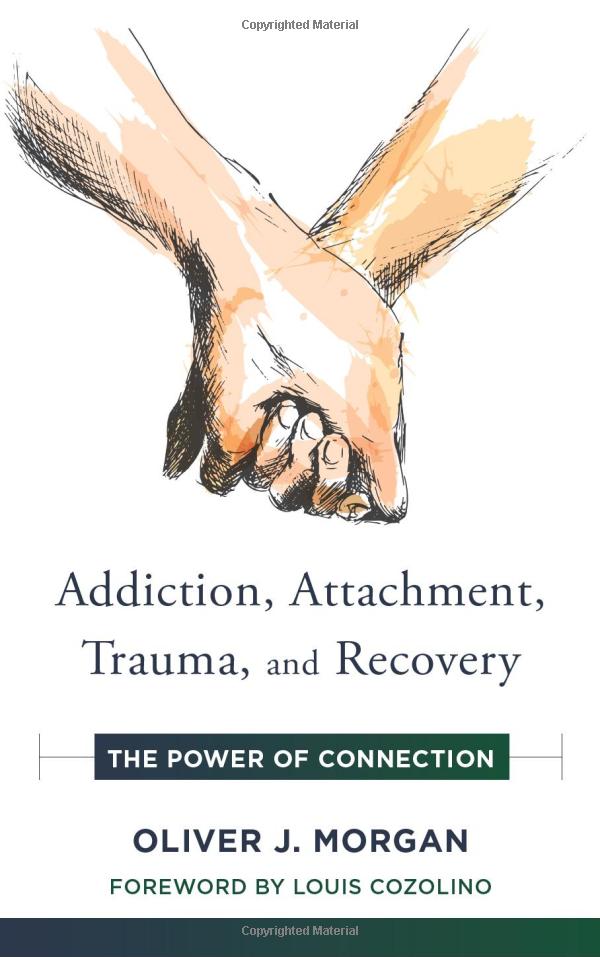Even though there are many facets to the problem of addiction, it is often boiled down to the simple terms “addict” or “alcoholic.” This kind of language has the potential to be dehumanising and harmful, standing in the way of both treatment and rehabilitation. As individuals, we can work to eliminate discrimination and advance the use of supportive vocabularies in the field of addiction rehabilitation.
One approach is to examine and question one’s own preconceived notions and biases about substance abuse. The first step is to accept that addiction is a medical condition, not a personal failing, and thus worthy of help and treatment. One way to help those who are struggling with addiction feel less stigma and shame is to change the way we talk about and think about the disease.
By learning more about addiction and how to recover from it, we can help reduce the negative judgements that people have about those who struggle with these issues. The best way to help those who are struggling with addiction is to educate ourselves on the disease’s scientific underpinnings, the various treatment options available, and the obstacles that some people must overcome during recovery. We can also work to eliminate the discrimination and stigma that surround addiction by supporting and advocating for policies and programmes that put these concerns first.
Using labels like “addict” or “alcoholic” to describe someone who is struggling with addiction can be counterproductive to addiction treatment and recovery for many reasons:
- It can reinforce negative self-identity:
When someone is labeled as an “addict” or “alcoholic,” it can reinforce a negative self-identity and make them feel defined by their addiction. This can contribute to feelings of shame and hopelessness, which can hinder recovery. - It can be stigmatizing:
Labels like “addict” or “alcoholic” can also carry negative connotations and stigma, which can create barriers to seeking treatment and support. Individuals may feel ashamed or afraid of being judged, which can prevent them from accessing the help they need. - It can limit treatment options:
Using labels to describe someone’s addiction can also limit treatment options, as it may lead to a narrow focus on a specific substance or behavior. This can overlook underlying mental health issues or other factors that may be contributing to the addiction. - It can overlook the complexity of addiction:
Addiction is a complex and multifaceted issue that can have many underlying causes and contributing factors. Using labels to describe someone’s addiction can oversimplify this complexity and overlook the unique experiences and needs of the individual.
Weeding out the toxic language used in addiction treatment and care
Many rehabilitation and treatment centres for those with substance abuse problems no longer use diagnostic labels, opting instead to treat the whole person by looking into the various factors that may have led to the development of the addict’s problem. Addiction is a mental illness, and labels like “addict” and “alcoholic” can have a devastating effect on those who are struggling with it. Addiction-related stigma and shame can be exacerbated by the use of such labels, and they can make it difficult for the afflicted person to see themselves as more than their addiction.
These kinds of labels have the potential to become self-fulfilling prophecies, as the person being labelled may come to believe that they are, in fact, defined by their addiction. This can make it even harder for the individual to imagine a life free from their addiction and can exacerbate feelings of hopelessness and despair. Stigma and shame caused by labels can prevent people from seeking help. The stigma and judgement associated with terms like “addict” and “alcoholic” can make those who are struggling with substance abuse reluctant to reach out for help, leading to a vicious cycle of isolation.
12-step programmes like Alcoholics Anonymous (AA) continue to use this language despite the known negative psychological effects for a number of reasons. The centrality of the idea of “powerlessness” over addiction to the 12-step philosophy is one explanation.
When people in 12-step programmes refer to themselves as “alcoholics” or “addicts,” they are admitting that they have no control over their substance abuse and are therefore in need of outside help.
Another factor is that the use of this language is deeply ingrained in the culture and tradition of 12-step programmes like AA. Not everyone in the programme may agree with a decision to change the language because it could be seen as going against the program’s fundamental principles.
It’s important to remember that not everyone who struggles with addiction will benefit from or feel supported by a 12-step programme.
For some people, the stigmatising or unhelpful nature of the language and culture of these programmes may make them opt for other methods of rehabilitation. The best course of treatment depends on the patient, so it’s important to try different approaches. Individuals can benefit from this method by strengthening their sense of self, lowering their perceived social risk, and improving their chances of making a full and lasting recovery.
We can get better at this as a society
Avoiding labels and stereotyping can also help us speak in a more accepting and compassionate manner when discussing addiction recovery. Rather than labelling someone as “addict” or “alcoholic,” we can use language that focuses on them as a human being. As an alternative to the term “addict,” we could refer to someone who has a substance use disorder. This aids in lowering the negative sense of self-identity and stigma that can accompany labels of addiction.
Now more than ever, we can help those in recovery and make their voices heard. Reducing the social stigma and shame associated with substance abuse can be aided by hearing from and giving voice to those who have struggled with addiction. Building communities of compassion and understanding is another way we can aid those in recovery.
Complex and never-ending as the process of eliminating discriminatory language used in the treatment and support of those in recovery from substance abuse may be, it all begins with us. Help bring about a world where addiction is understood and treated with compassion and empathy by questioning our own and others’ preconceived notions, gaining knowledge, using language that is inclusive, and standing by those in recovery.


